I am new with r. I need help.
I have loaded into r-studio a list with 89 elements and each element has 13149 rows with years. I have to eliminate the following years 1982, 1983, 1997, 1998 from the 89 elements. After that, I have to export each element as text file.
I have upload a link to see a picture of what I am talking about.
What I did was
# LOAD THE DATA
files <- list.files(pattern = '*.txt', full.names = TRUE)
data <- lapply(files, read.table)
df <- do.call(rbind, data)
